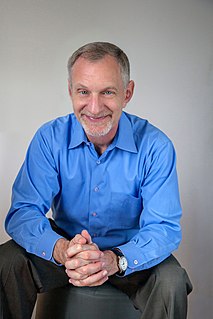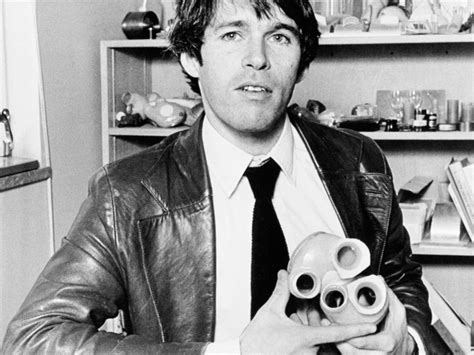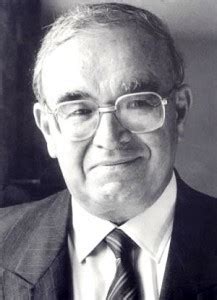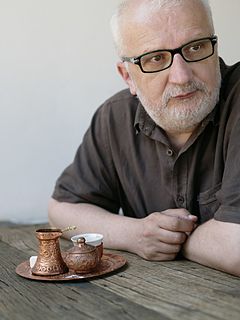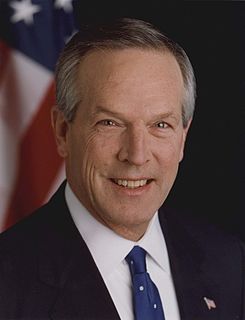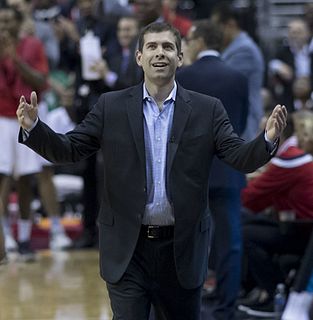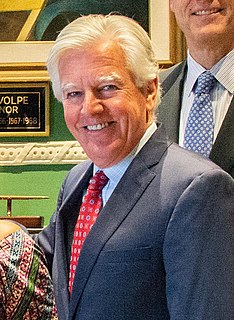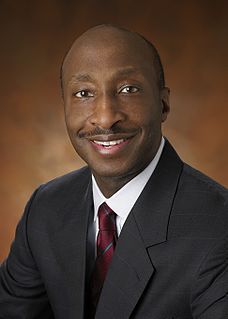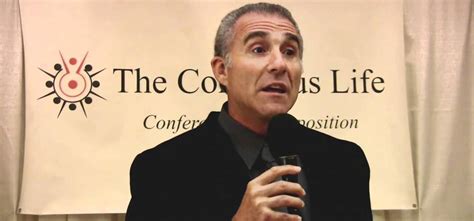Top 1200 Pharmaceutical Industry Quotes & Sayings
Explore popular Pharmaceutical Industry quotes.
Last updated on November 9, 2024.
Big Pharma needs sick people to prosper. Patients, not healthy people, are their customers. If everybody was cured of a particular illness or disease, pharmaceutical companies would lose 100% of their profits on the products they sell for that ailment. What all this means is because modern medicine is so heavily intertwined with the financial profits culture, it’s a sickness industry more than it is a health industry.
Over the past two decades the pharmaceutical industry has moved very far from its original high purpose of discovering and producing useful new drugs. Now primarily a marketing machine to sell drugs of dubious benefit, this industry uses its wealth and power to co-opt every institution that might stand in its way, including the US Congress, the FDA, academic medical centers, and the medical profession itself.
Insurance companies, government agencies, and the pharmaceutical industry all push for mental health care that is brief, intermittent, and focused on quick fixes, despite the fact that many people struggle with emotional difficulties that can only be addressed over time using special psychodynamic skills.
It [the pharmaceutical industry] is the most profitable industry in the world, and partially funds the US government. It surpasses oil in terms of profits and my country recently went to war due to oil pricing. What does that say they will do to keep this other industry in tact? It is up to patients and their families to question what they are being given, and to consumers to demand better, more natural alternatives.
People treat having a kid as somehow retiring from success. Quitting. Have you seen a baby? They’re pretty cute. Loving them is pretty easy. Smiling babies should actually be categorized by the pharmaceutical industry as a powerful antidepressant. Being happy is really the definition of success, isn’t it?
In the last century the practice of medicine has become no more than an adjunct to the pharmaceutical industry and the other aspects of the huge, powerful and immensely profitable health care industry. Medicine is no longer an independent profession. Doctors have become nothing more than a link connecting the pharmaceutical industry to the consumer.
You can think of the Health Impact Fund as a mechanism that would keep the benefits and burdens of pharmaceutical innovation for the affluent roughly as they are while massively reducing the burdens presently imposed upon the poor. This sounds like magic. But it really works because the current system is not Pareto efficient. It's a system that generates hundreds of billions of dollars in litigation costs and deadweight losses that HIF-registered medicines would sidestep. By avoiding these losses, the HIF reform can bring improvements all around - including for pharmaceutical innovators.
You cannot be a party which takes money from Wall Street, which is not strong on the pharmaceutical industry, which is ripping us off every day, which is not strong on health care in taking on the insurance companies, which has not shown a desire to stand up and fight the economic establishment, and then tell working families that you are on their side. People see through that.
I have children. I have other concerns. I have other focuses. I really feel very sympathetic and I would love to be able to help but I don't see this as the opportunity, having done 'Extraordinary measures', for me to suddenly leap on a soap box and begin to talk about the pharmaceutical industry or the desperate plight of sick children. I do what I can in my world but I don't have the bona fides to do that right now.
It's easy to complain that pharmaceutical companies place profits over people and apparently care more about hair loss than TB. However, many in the pharmaceutical industry would be glad for the opportunity to reorient their research toward medicines that are truly needed, provided only that such research is financially sustainable.
These pharmaceutical company executives are dope dealers and they should be treated worse, and more roughly than dope dealers. When you're talking about millionaire and billionaire executives at pharmaceutical companies, these are people with something to lose if threatened with jail. Frog-march them out of their door in suburbia, handcuffed and surrounded by DEA officers, with their children and neighbours watching.
Since the 1920s, virtually all continuing medical and public health education is funded by pharmaceutical companies. In fact, today, the FDA can't even tell health scientists the truth about vaccine contaminants and their likely effects. The agency is bound and gagged by proprietary laws and non-disclosure agreements forced upon them by the pharmaceutical industry. Let us not forget that the pharmaceutical industry, as a special interest group, is the number one contributor to politicians on Capital Hill.
Pharmaceutical companies have too much influence over the education of physicians in this country. They have too much control over the evaluation of their own products, and that's a conflict of interest. I think the industry needs to be regulated, but I've never suggested taking it out of the market altogether.








